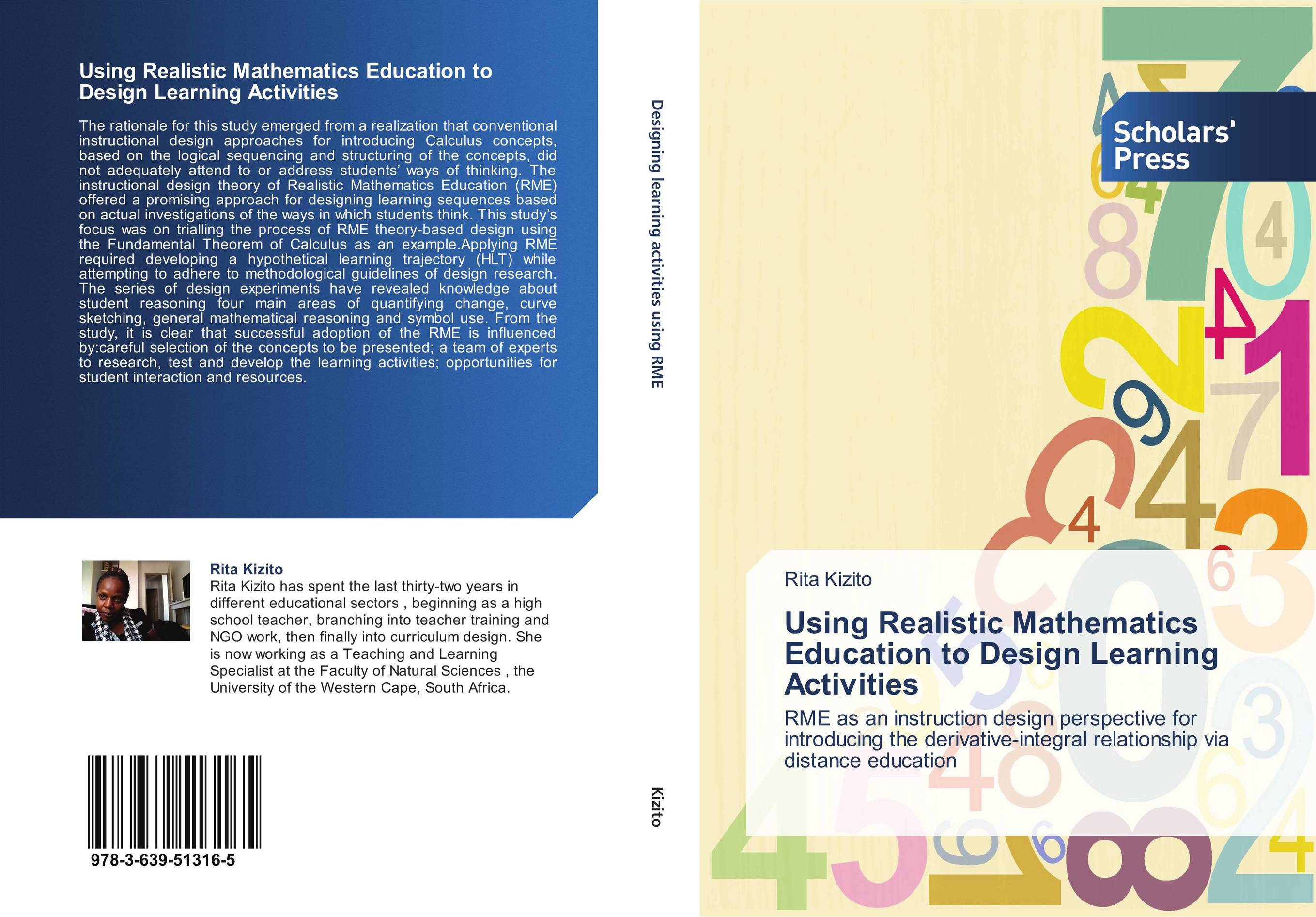| Поиск по каталогу |
|
(строгое соответствие)
|
- Профессиональная
- Научно-популярная
- Художественная
- Публицистика
- Детская
- Искусство
- Хобби, семья, дом
- Спорт
- Путеводители
- Блокноты, тетради, открытки
Using Realistic Mathematics Education to Design Learning Activities. RME as an instruction design perspective for introducing the derivative-integral relationship via distance education

В наличии
| Местонахождение: Алматы | Состояние экземпляра: новый |

Бумажная
версия
версия
Автор: Rita Kizito
ISBN: 9783639513165
Год издания: 2013
Формат книги: 60×90/16 (145×215 мм)
Количество страниц: 340
Издательство: Scholars' Press
Цена: 66632 тг
Положить в корзину
Позиции в рубрикаторе
Сферы деятельности:Код товара: 122364
| Способы доставки в город Алматы * комплектация (срок до отгрузки) не более 2 рабочих дней |
| Самовывоз из города Алматы (пункты самовывоза партнёра CDEK) |
| Курьерская доставка CDEK из города Москва |
| Доставка Почтой России из города Москва |
Аннотация: The rationale for this study emerged from a realization that conventional instructional design approaches for introducing Calculus concepts, based on the logical sequencing and structuring of the concepts, did not adequately attend to or address students’ ways of thinking. The instructional design theory of Realistic Mathematics Education (RME) offered a promising approach for designing learning sequences based on actual investigations of the ways in which students think. This study’s focus was on trialling the process of RME theory-based design using the Fundamental Theorem of Calculus as an example.Applying RME required developing a hypothetical learning trajectory (HLT) while attempting to adhere to methodological guidelines of design research. The series of design experiments have revealed knowledge about student reasoning four main areas of quantifying change, curve sketching, general mathematical reasoning and symbol use. From the study, it is clear that successful adoption of the RME is influenced by:careful selection of the concepts to be presented; a team of experts to research, test and develop the learning activities; opportunities for student interaction and resources.
Ключевые слова: Realistic Mathematics Education? Designing learning activities? Distance learning? Hypothetical learning trajectory? Fundamental Theorem of Calculus ?Higher Education



